Should France, then, take a page out of Italy’s book and consider a technocratic government?
President Emmanuel Macron is expected to pick his new prime minister by Friday evening, after outgoing PM Sebastien Lecornu led last-ditch talks for two days with political parties to try and unlock the current political deadlock.
Lecornu on Wednesday evening declared that “a majority of deputies oppose dissolution (of parliament), a platform for stability exists, a path is possible to adopt a budget by December 31st”. He concluded that “on this basis, the president of the republic will appoint a prime minister within the next 48 hours.”
But the most unexpected part came after.
While Lecornu didn’t unveil details on the potential makeup of the new government, he made a suggestion: “Whoever it is,” they should be “completely disconnected from the presidential ambitions for 2027.”
“The situation is already difficult enough. We need to have a team that ultimately decides to roll up its sleeves and solve the country’s problems until the presidential election,” he added.
Italian lessons
Would a technocratic government — selected on the basis of technical expertise, rather than a popular vote — perhaps fill the brief?
Outgoing French Prime Minister Sebastien Lecornu delivers a statement at the Hotel Matignon in Paris, on Oct. 6, 2025.
Stephane Mahe | Afp | Getty Images
This scenario could help pause the political crisis, which has seen France go through five prime ministers in less than two years.
It may also reassure investors and gain time until the 2027 presidential election — or at least until March 2026 when some suggest a parliamentary snap election could be held alongside an already scheduled nationwide mayoral election, in an attempt to solve the current deadlock in the National Assembly.
In Italy since the 1990s, central bankers have led multiple technocratic governments, Mario Draghi being the latest example.
In France, the name of François Villeroy de Galhau, the governor of the Banque de France since 2015, keeps resurfacing as a rumored option for the most recent PM nominations.
It is difficult, however, to see how this would land with the French public opinion, which is deeply, and at times passionately, political. And with tough decisions needed to pass the 2026 budget and bring the country’s deficit closer to 3% of GDP, this is perhaps one of the most political moments for the country in recent times.

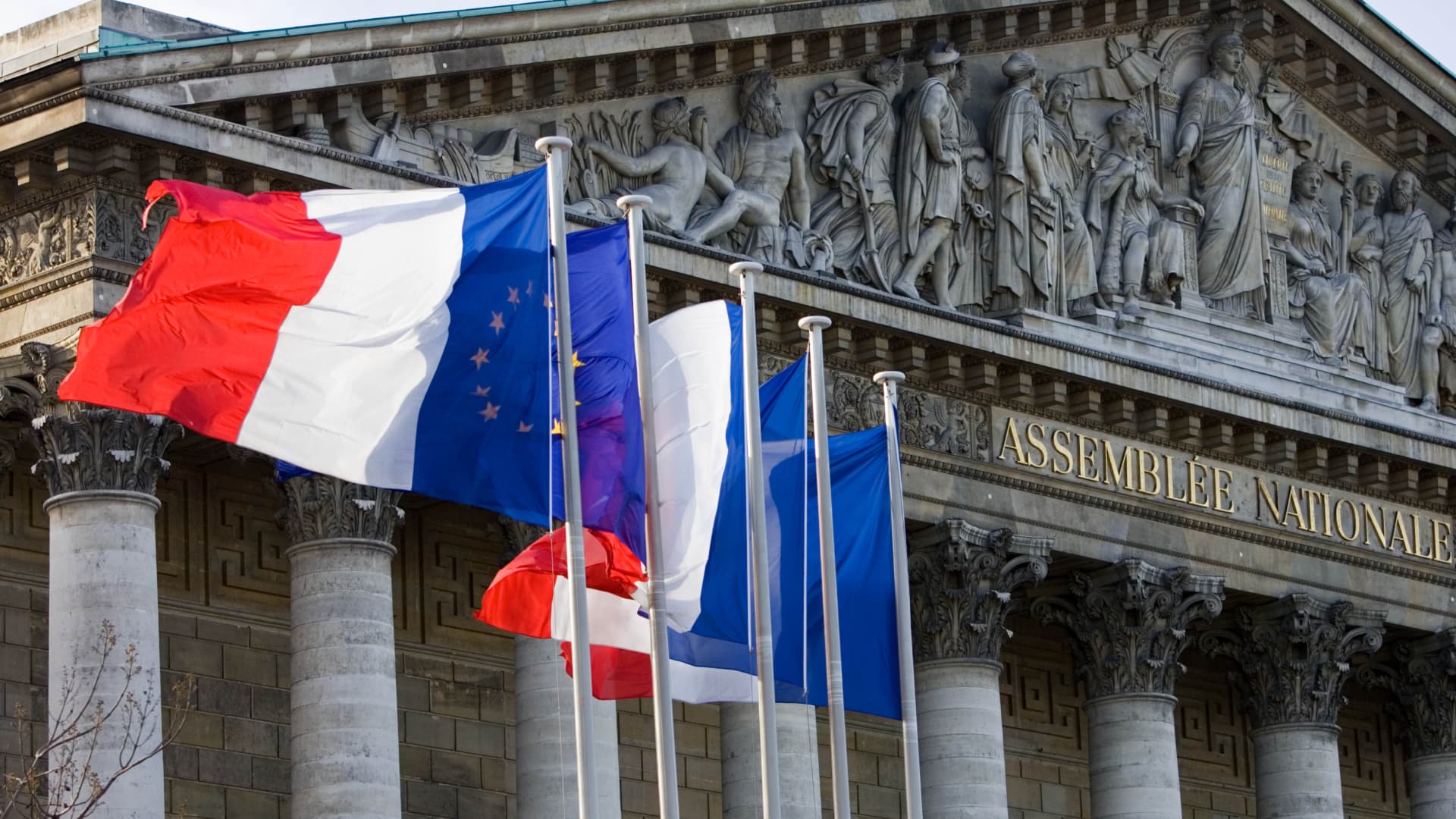
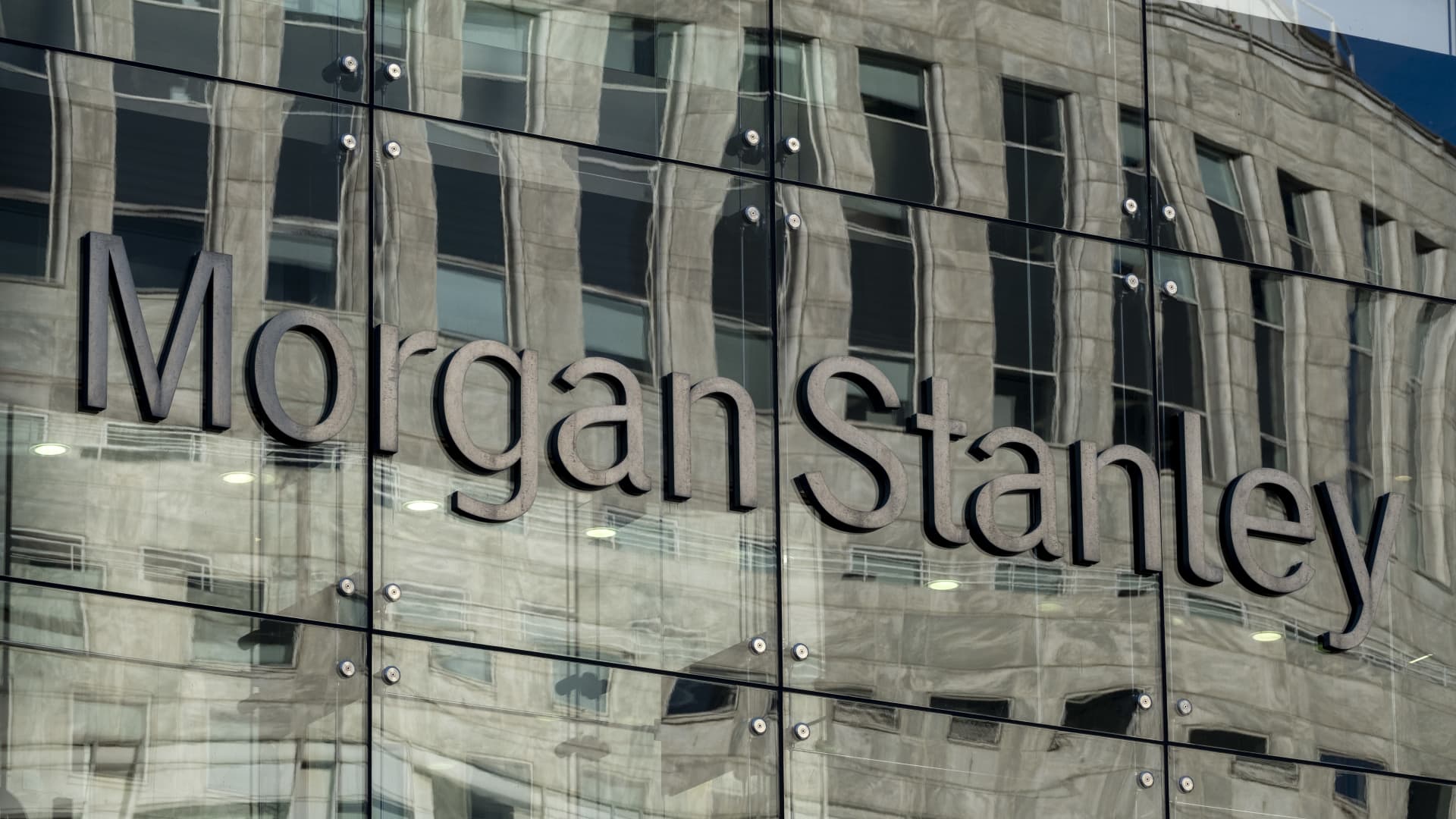
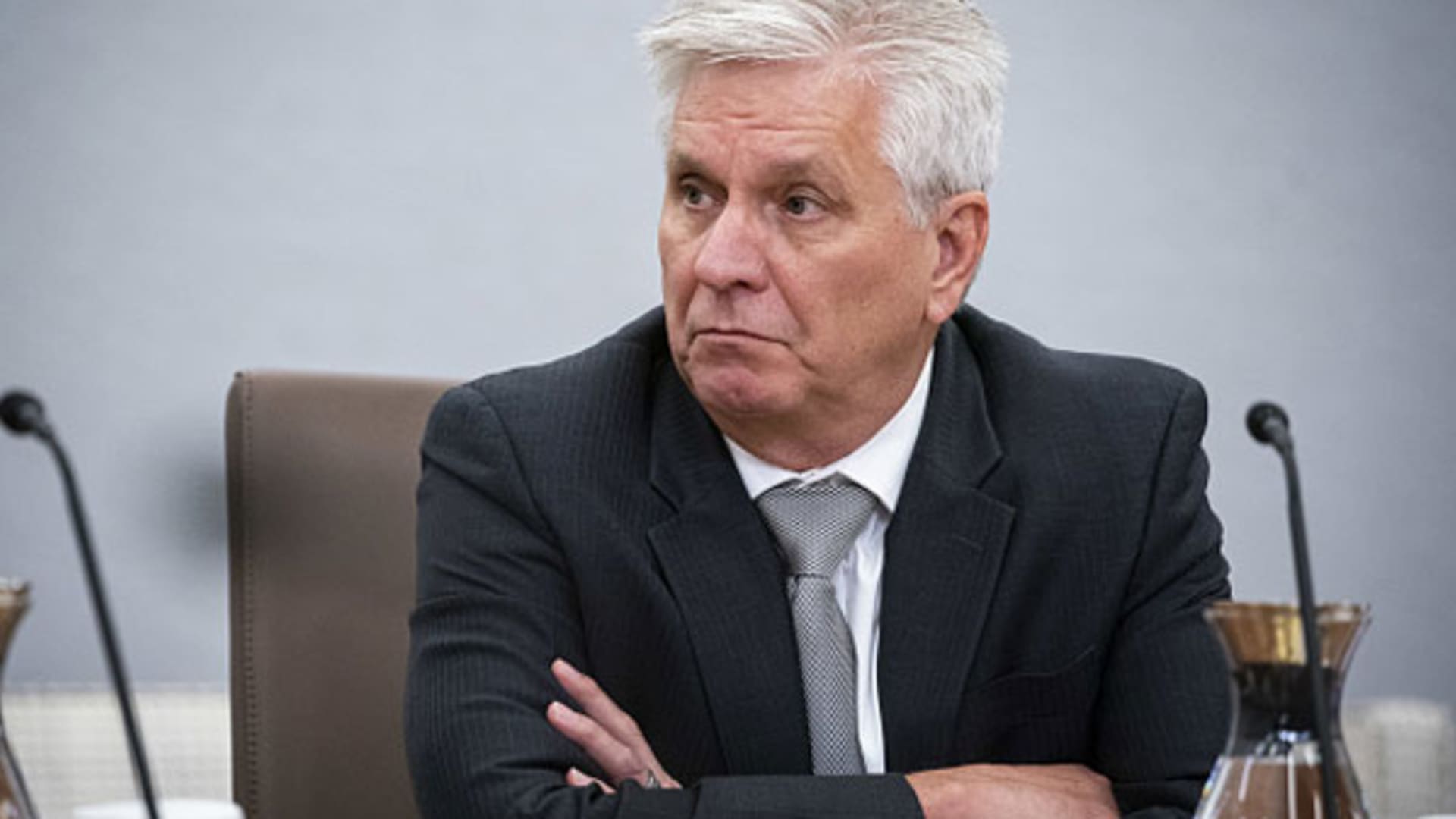
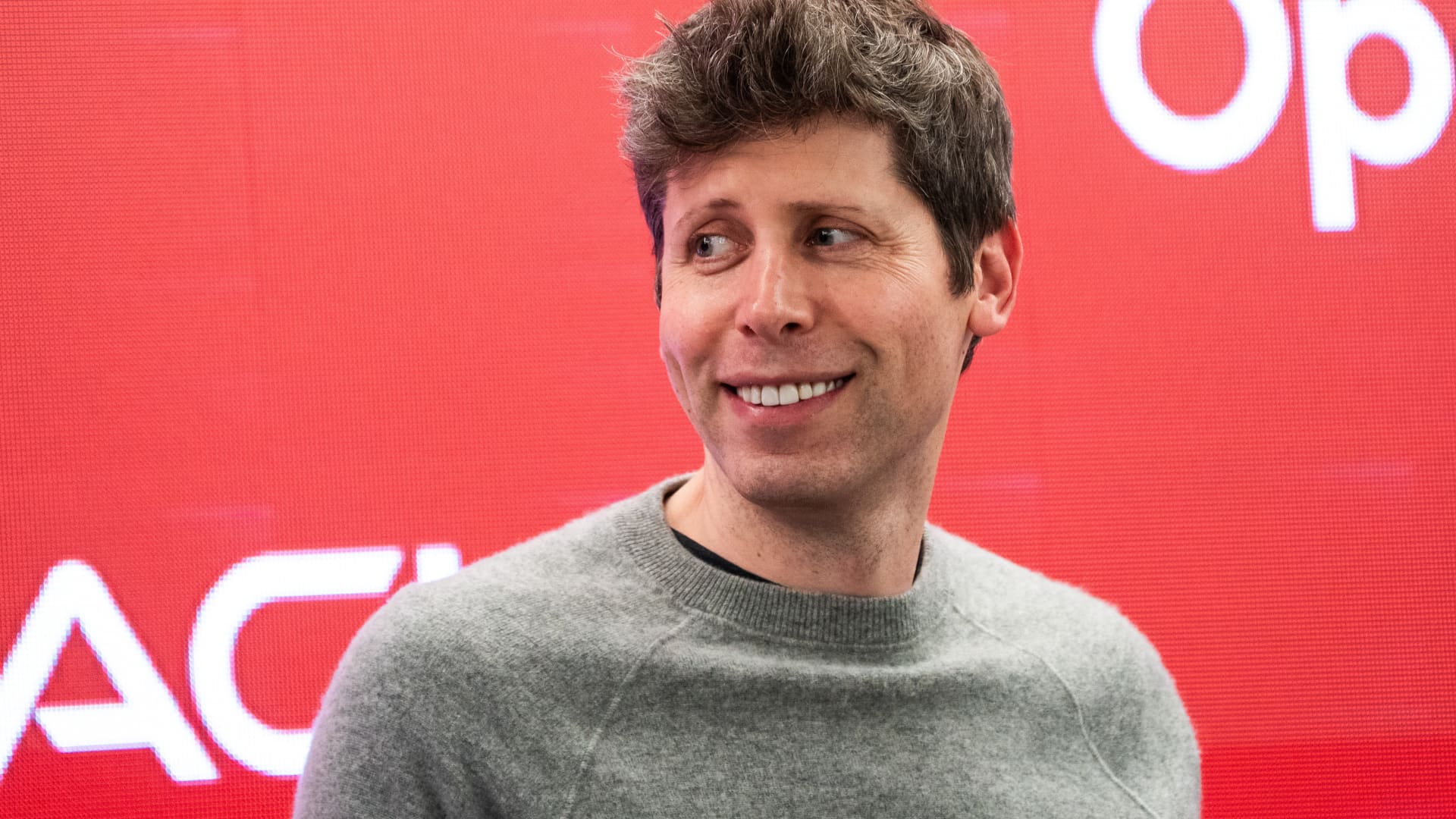



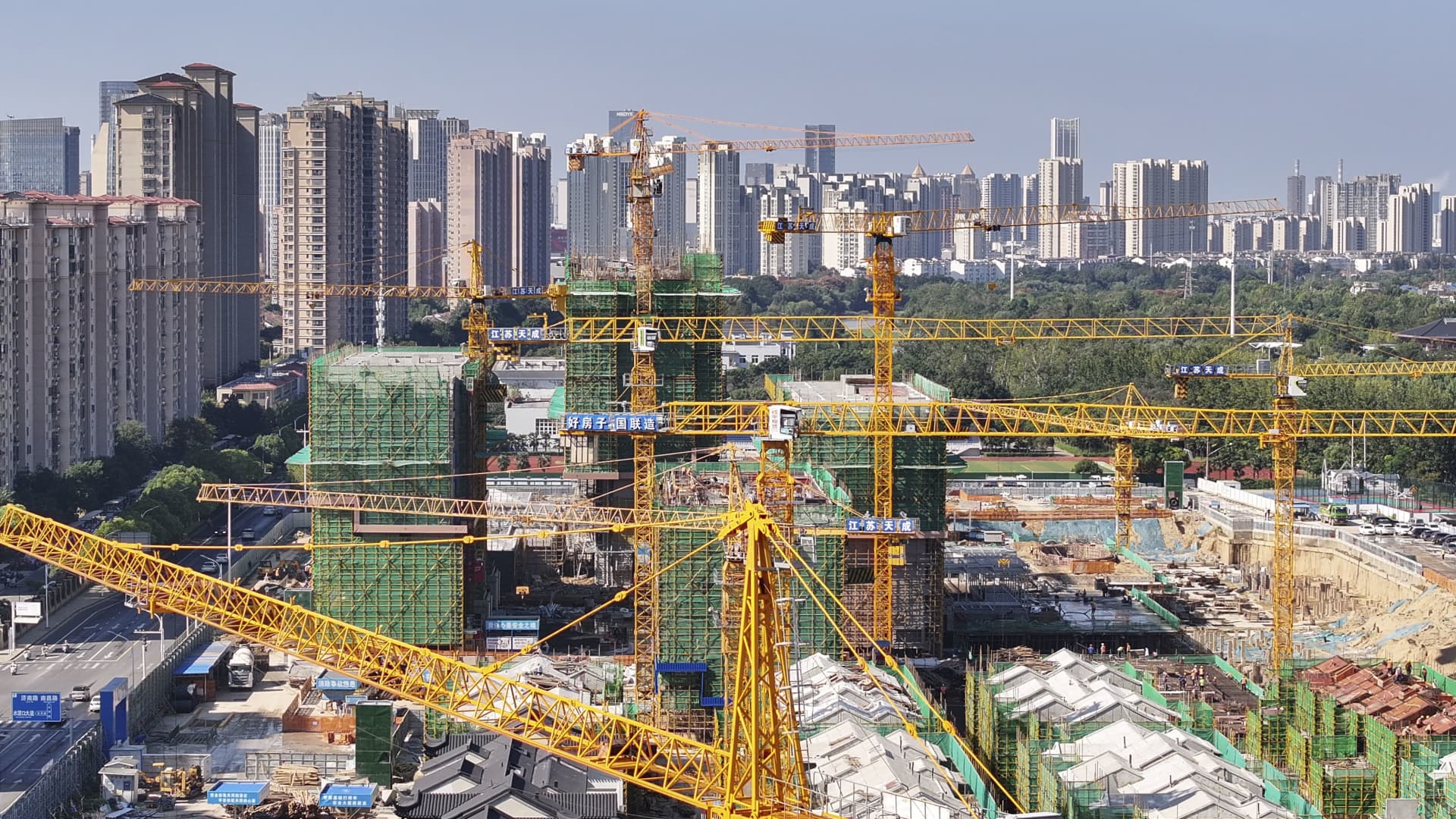
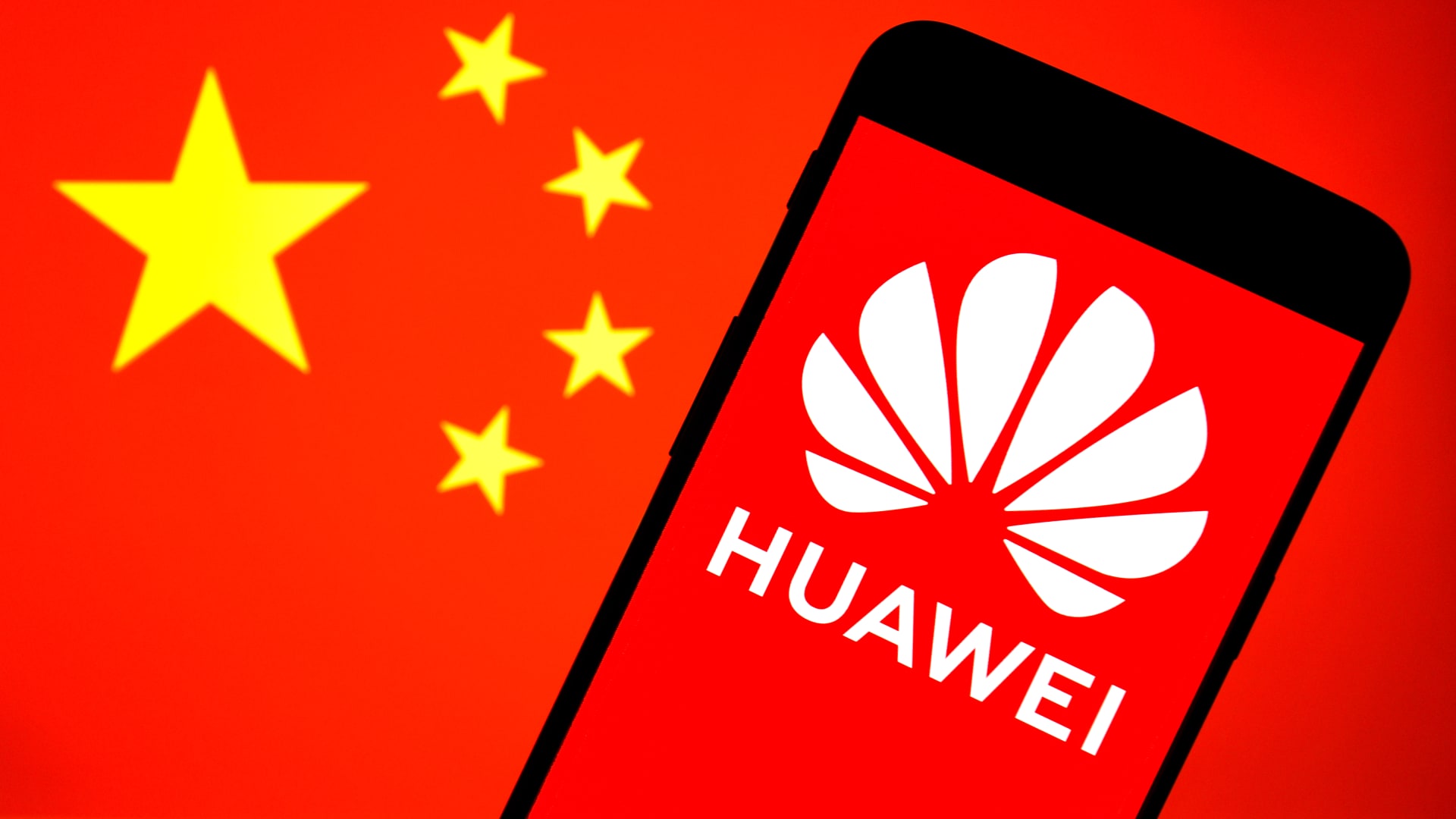

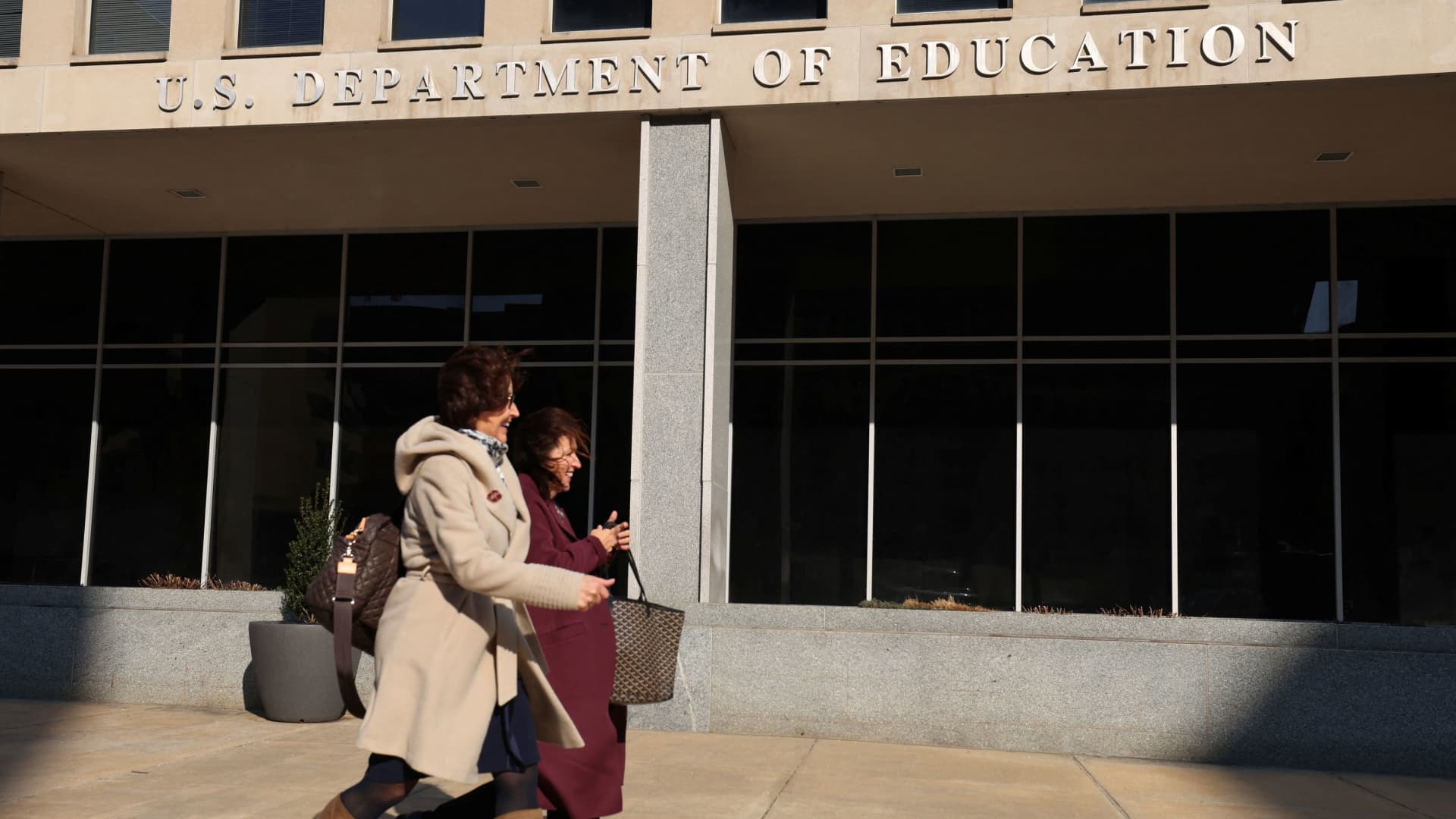



Leave a Reply